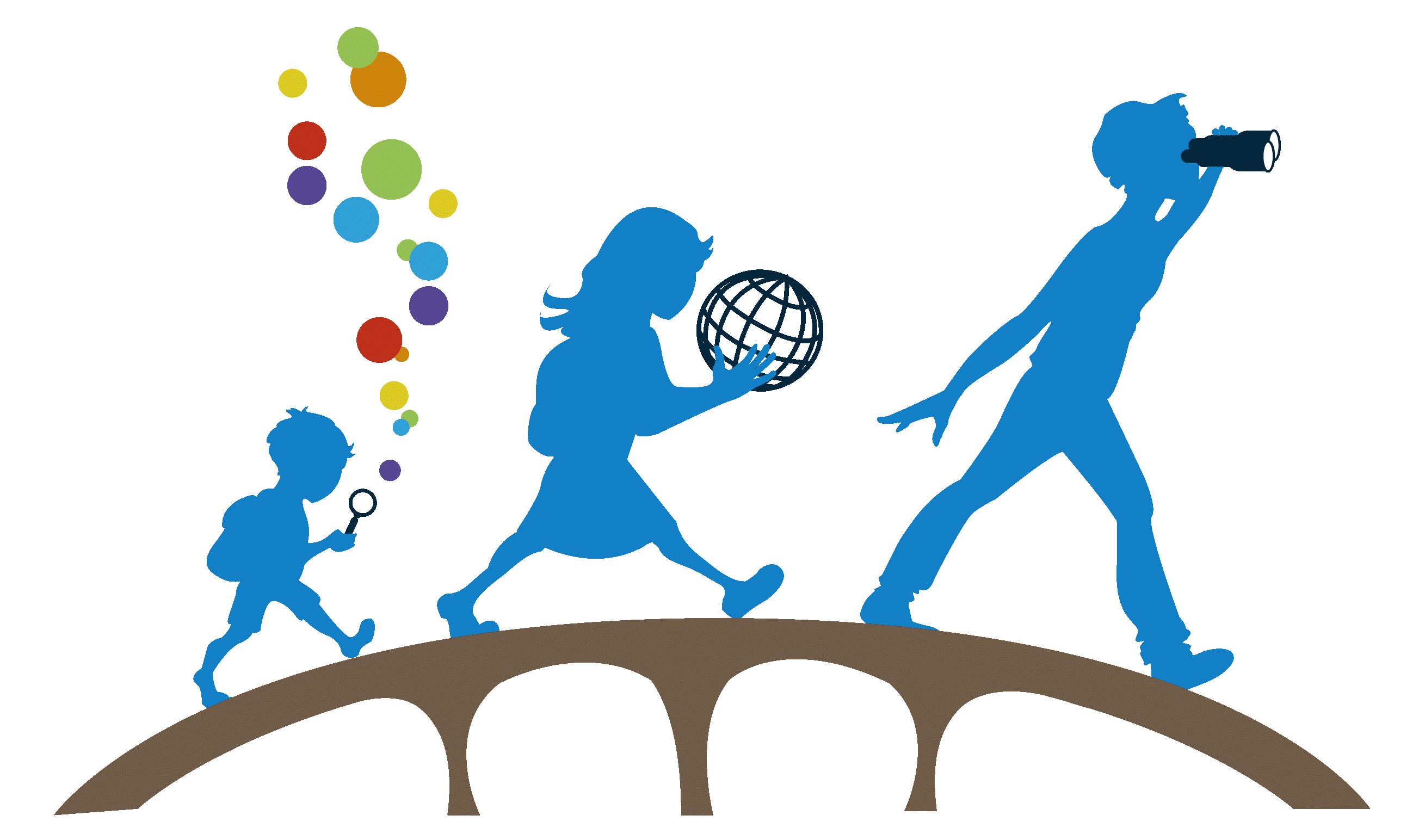
Class of 6 to 9-year-olds
The characteristics of the child
Around the age of six, your child reaches a new stage of development that manifests itself in several new observable characteristics, both physical and psychological.
Your child will begin to lose milk teeth which will be replaced by permanent teeth. You may notice a growth spurt. At this age, the child is generally strong, robust, less susceptible to disease and full of energy.
The child's mind changes from the absorbent mind of the first plane of development to the reasoning mind. This is the age of "why?". The child's imagination, which developed in the first years of life, is now fully utilized. The child begins to explore the outer world, the world that is not visible to the naked eye, the abstract world (the meaning of money, the interdependent relationships between the natural world and the human world, relationships between numbers and shapes, the function of leaves, etc.) The child's goal is to understand how things work and to make sense of the world. He has a strong desire to learn to think for himself.
Practice living in society
As the child becomes interested in how the world works, the school environment becomes a mini practice society. The children agree on the rules for living and working together. During the first years of his life, the child builds his personality and gets to know himself. In the second plane of development, he looks outward and is drawn to working with others to find answers and solve problems. He exercises his negotiating skills, formulates and expresses his opinion or his disagreement. In this age group, finding justice and determining what is right or wrong in different situations is of great interest.
All characteristics of the child in the second plan are supported in the Montessori environment 6-9.
Functioning of the class
The children plan their school days with the help of the prepared adult. They learn to set learning goals, manage difficulties and motivational crises along the way, and analyze their strengths and weaknesses.
Guides offer presentations to small groups of children based on their interests, needs and abilities. The times of the presentations are agreed with the children.
Children are free to work individually or in small groups. All work is done at school. There is no homework unless the child chooses to continue working at home on their own.
Guides observe and assess the child's work on a daily and weekly basis. Each child meets with one of the guides one or more times a week to see progress and set new goals for the following week. No marks are given. Evaluative feedback is given to the child by the guide orally on a weekly basis.
Children learn to take more responsibility when looking after their learning environment and also when they want to go on excursions. Children are encouraged to organize ssmall outings to learn first-hand how certain things work in the real world (visiting a cheese factory, the police or a florist).
Developmental outcomes at age 9
At the age of 9, the child will have started to develop a global vision of the functioning of our world and he will begin to see his role in it. He is in the middle of developing his social skills that will allow him to find his way in different situations, he will have had some experience of teamwork and building projects. He has a keen sense of what is right or wrong based on his values and universal human values. And he has a wide range of knowledge in different fields that he will have accumulated in and out of the environment.
Annual fees for the school year 2023/2024
Registration fee - CHF 200
5 days (8.30 - 15.15) - CHF 15600
Tuition fees include supervision by Montessori-trained adults in a prepared environment, classroom supplies, morning snack, free access to workshops offered at the Centre by teachers, a reduced price for workshops given by outside professionals, free access to the outings and parties group.


